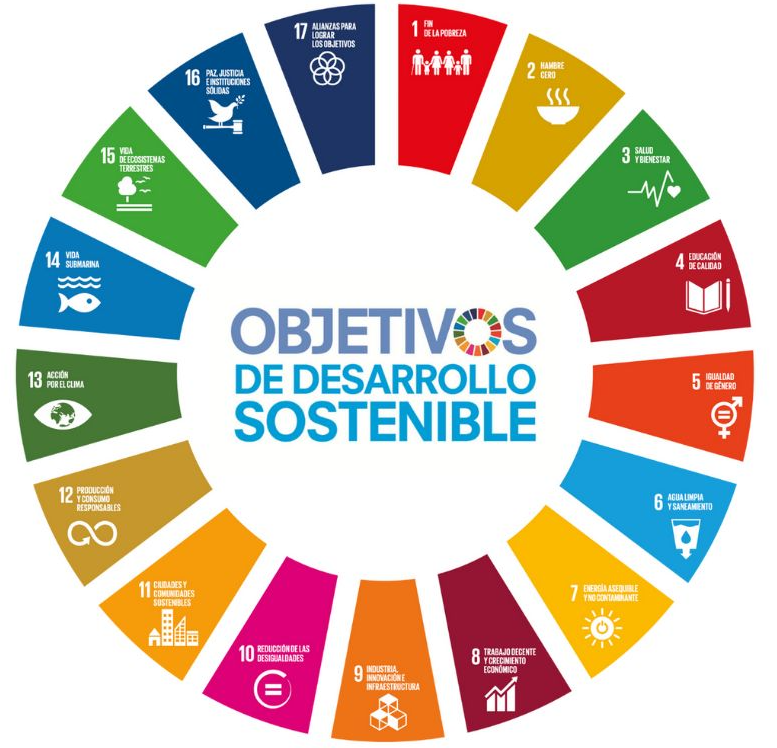
Introduction to the SDGs
The Sustainable Development Goals (SDGs) are a universal call to action to end poverty, protect the planet and ensure that all people enjoy peace and prosperity. These 17 goals, set by the United Nations, are interconnected with the aspiration to balance economic, social and environmental needs.
XPANDER: Driving the SDGs through the Blockchain
1
The end of poverty. It seeks to eradicate poverty in all its forms.
Blockchain: Creation of digital identity systems for the unbanked, enabling access to financial services and microcredit.
Use Cases: Decentralised microfinance platforms and more efficient and cost-effective remittance systems.
Use Cases: Decentralised microfinance platforms and more efficient and cost-effective remittance systems.
2
Zero hunger. It aims to end hunger, achieve food security, improve nutrition and promote sustainable agriculture.
Blockchain: Traceability of the agricultural supply chain to ensure the provenance and quality of food.
Use Cases: Platforms that connect farmers directly with consumers, reducing intermediaries and ensuring fair prices.
Use Cases: Platforms that connect farmers directly with consumers, reducing intermediaries and ensuring fair prices.
3
Health and well-being. It focuses on ensuring healthy living and promoting wellness for all at all ages.
Blockchain: Verification of the authenticity of medicines and traceability in the pharmaceutical supply chain.
Use Cases: Registration systems for vaccines and medicines to prevent counterfeiting and ensure patient safety.
Use Cases: Registration systems for vaccines and medicines to prevent counterfeiting and ensure patient safety.
4
Quality education. It aims to ensure inclusive, equitable and quality education, promoting lifelong learning opportunities.
Blockchain: Immutable records of academic achievement and certificates.
Use Cases: Decentralised education platforms and verification of academic credentials.
Use Cases: Decentralised education platforms and verification of academic credentials.
5
Gender equality. It seeks to achieve gender equality and empower all women and girls.
Blockchain: Identity and property systems that empower women in regions where their rights are limited.
Use Cases: Microcredit platforms aimed at women entrepreneurs and property registration systems.
Use Cases: Microcredit platforms aimed at women entrepreneurs and property registration systems.
6
Clean water and sanitation. It aims to ensure the availability and sustainable management of water and sanitation for all.
Blockchain: Traceability of sanitation projects and transparent resource management.
Use Cases: Crowdfunding platforms for water and sanitation infrastructure projects.
Use Cases: Crowdfunding platforms for water and sanitation infrastructure projects.
7
Affordable and clean energy . It focuses on ensuring access to affordable, secure, sustainable and modern energy for all.
Blockchain: Registration and commercialisation of renewable energy.
Use Cases: Decentralised energy markets and incentive systems for clean energy production.
Use Cases: Decentralised energy markets and incentive systems for clean energy production.
8
Decent work and economic growth It promotes inclusive and sustainable economic growth, full and productive employment and decent work for all.
Blockchain: Smart contracts to ensure fair working conditions and transparent payments.
Use Cases: Decentralised employment platforms and automated payment systems.
Use Cases: Decentralised employment platforms and automated payment systems.
9
Industry, innovation and infrastructure . It develops resilient infrastructure, promotes inclusive and sustainable industrialisation, and fosters innovation.
Blockchain: Traceability in the industrial supply chain and intellectual property protection.
Use Cases: Patent and copyright registrations and supply chain management systems.
Use Cases: Patent and copyright registrations and supply chain management systems.
10
Reducing inequalities. It aims to reduce inequality within and between countries.
Blockchain:Efficient remittance systems that reduce costs for migrant workers.
Use Cases: Decentralised remittance platforms and microfinance systems.
Use Cases: Decentralised remittance platforms and microfinance systems.
11
Sustainable cities and communities. It seeks to make cities and human settlements inclusive, safe, resilient and sustainable.
Blockchain: Transparent urban project management and property registration systems.
Use Cases: Crowdfunding platforms for urban infrastructure projects and urban land registration systems.
Use Cases: Crowdfunding platforms for urban infrastructure projects and urban land registration systems.
12
Responsible production and consumption It aims to ensure sustainable consumption and production patterns.
Blockchain: Full supply chain traceability to ensure sustainable and ethical practices.
Use Cases: Platforms that allow consumers to verify the sustainable origin of products and incentive-based waste management systems.
Use Cases: Platforms that allow consumers to verify the sustainable origin of products and incentive-based waste management systems.
13
Climate action. It calls for urgent action to combat climate change and its impacts.
Blockchain: Registration and trading of carbon credits and monitoring of climate change mitigation projects.
Use Cases: Decentralised carbon credit markets and financing platforms for renewable energy projects.
Use Cases: Decentralised carbon credit markets and financing platforms for renewable energy projects.
14
Underwater life Conserve and sustainably use oceans, seas and marine resources for sustainable development.
Blockchain: Traceability of seafood products to ensure sustainable fisheries and protect marine biodiversity.
Use Cases:Platforms that allow consumers to verify the sustainability of seafood products and management systems for marine protected areas.
Use Cases:Platforms that allow consumers to verify the sustainability of seafood products and management systems for marine protected areas.
15
Life of terrestrial ecosystems. It focuses on sustainably managing forests, combating desertification, halting and reversing land degradation.
Blockchain:Recording and monitoring systems for the conservation of protected areas and biodiversity.
Use Cases:Crowdfunding platforms for conservation projects and reward systems for sustainable agricultural practices.
Use Cases:Crowdfunding platforms for conservation projects and reward systems for sustainable agricultural practices.

